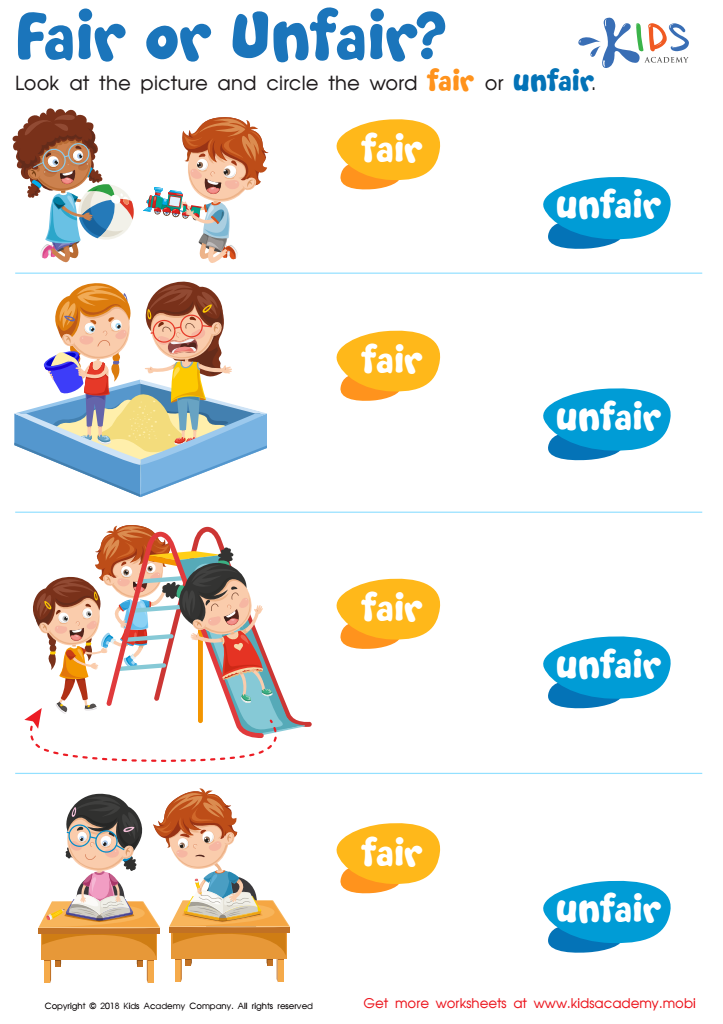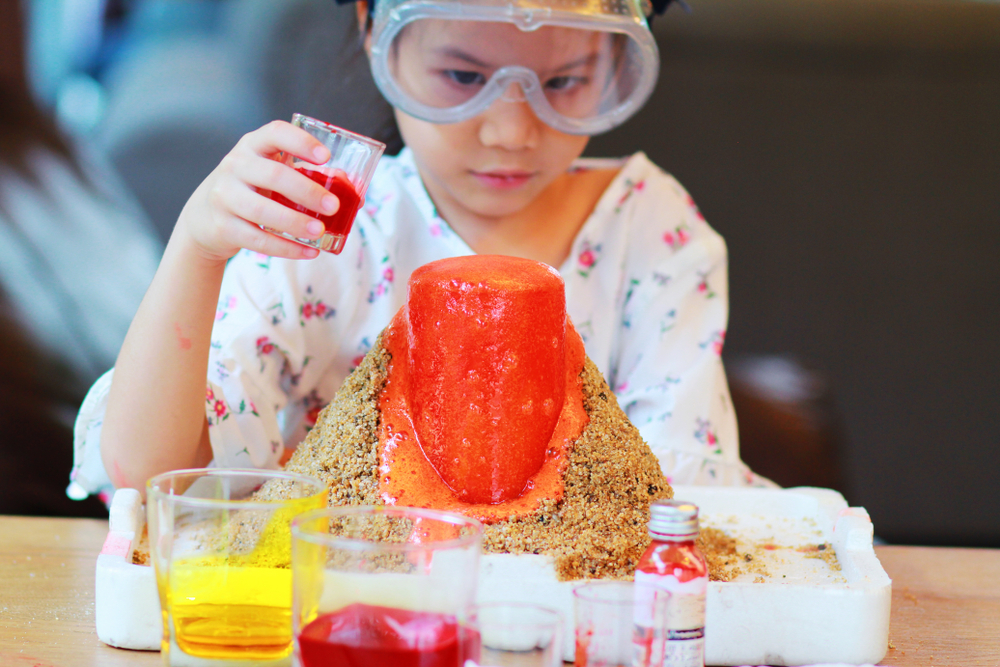Basic logic skills Worksheets for Kids
1 filtered results
-
From - To
Basic logic skills worksheets are essential for improving critical thinking and logical reasoning. They offer step-by-step exercises and examples to enhance analysis and problem-solving capabilities. Engaging in activities that focus on deductive and inductive reasoning, syllogisms, and identifying logical fallacies, students learn to apply these concepts effectively. Such worksheets are beneficial beyond academics, aiding in sound decision-making in everyday life. They also help students enhance cognitive abilities and argument evaluation. Learners develop an analytical mindset applicable in various fields and prepare for standardized tests like the SAT and ACT, which test logic. These worksheets equip students to think critically, evaluate arguments, and solve problems systematically, fostering confidence and competence.
(Characters without spaces: 700)


Fair or Unfair Worksheet
Question/Answer
How to test a Kindergarten student’s Basic logic skills?
To test a Kindergarten student's basic logic skills, use simple puzzles and pattern recognition activities, such as sequencing tasks (ordering objects by size), matching pairs (connecting items that go together), identifying differences or similarities between objects, and solving basic "if-then" scenarios (e. g. , "If you are wearing boots, then it is raining").
What are some effective activities to train students’ Basic logic skill when teaching them about Community?
Effective activities to train students' basic logic skills in learning about Community include role-playing different community roles, organizing group problem-solving sessions on community issues, creating and interpreting community maps for spatial awareness, engaging in decision-making games about community development, and conducting community surveys to analyze and draw conclusions about community needs and resources.
How does the mastery of the Basic logic skill affect a student's performance at an early age?
Mastery of basic logic skills at an early age significantly enhances a student's performance by improving critical thinking, problem-solving abilities, and understanding of complex ideas. Children become better at reasoning, making connections between concepts, and are more adept at mathematical and scientific thinking. This foundational skill set paves the way for academic success and effective decision-making in everyday life.
 Assign to the classroom
Assign to the classroom











